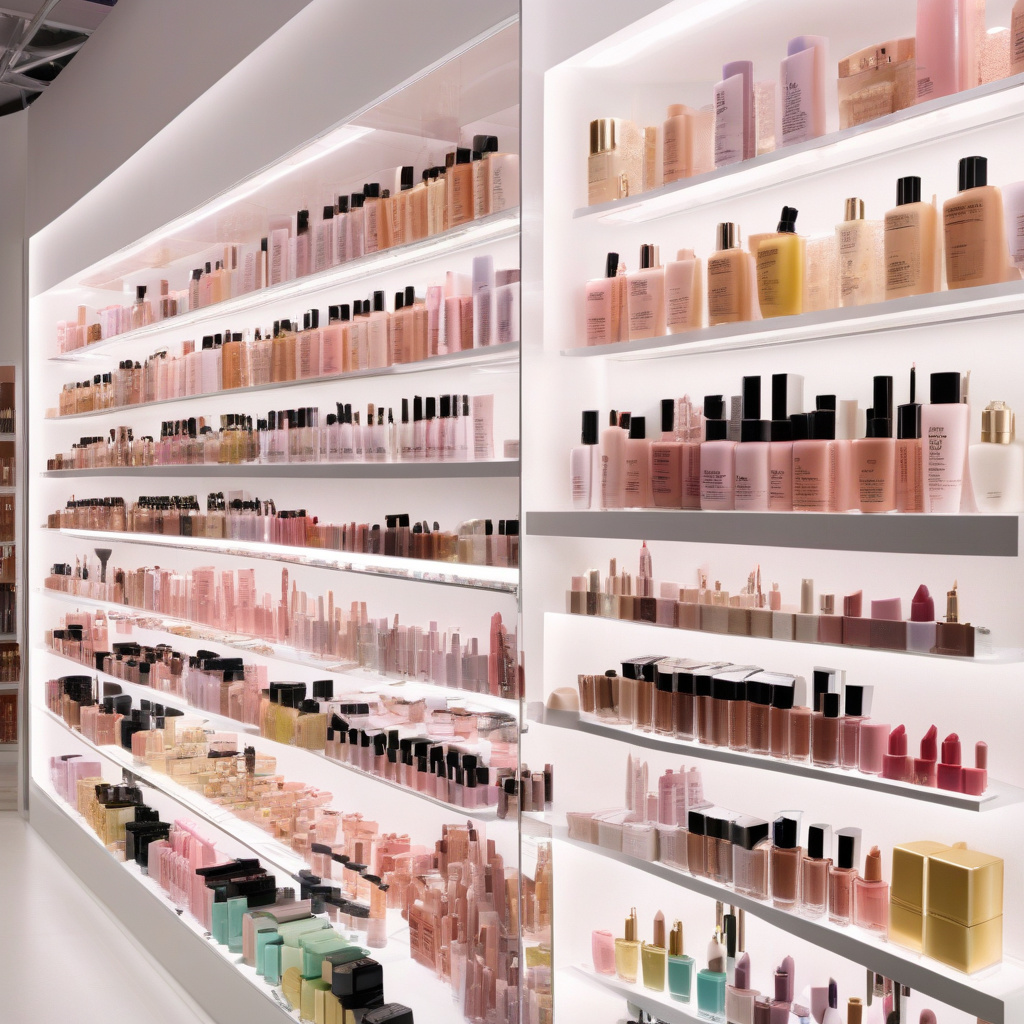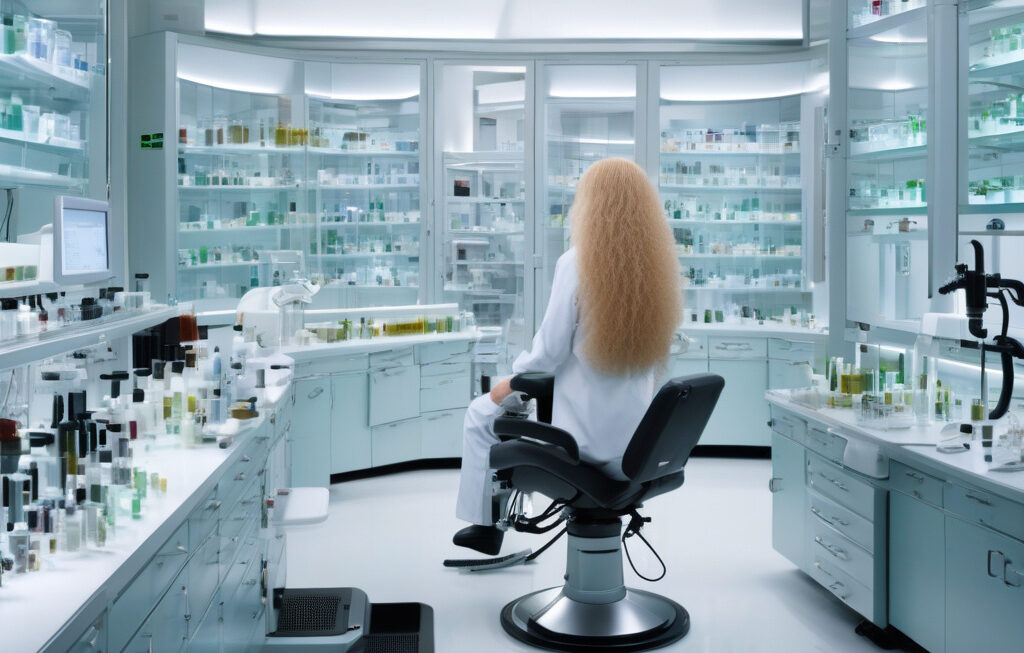Big Beauty Bets on Standardised Eco-Scores. Will It Pay Off?
In a world where environmental consciousness is becoming increasingly important to consumers, beauty giants like L’Oréal, Nivea, and Neutrogena are stepping up their game by introducing standardized eco-scores on their products. This strategic move not only aims to stay ahead of anti-greenwashing regulations but also to differentiate themselves in a crowded market by appealing to the growing number of eco-conscious consumers.
The concept of eco-scores is not entirely new, but its implementation in the beauty industry is a bold and innovative step. By providing transparent and easily understandable information about the environmental impact of their products, these brands are taking a proactive approach to sustainability and accountability. This move is expected to not only build trust with consumers but also drive competition towards more sustainable practices across the industry.
L’Oréal, Nivea, and Neutrogena are leveraging the power of eco-scores to showcase their commitment to sustainability and set themselves apart as leaders in the green beauty movement. By assigning scores based on factors such as carbon footprint, water usage, and packaging recyclability, these brands are giving consumers the ability to make informed choices that align with their values.
But the question remains: will this big bet on standardized eco-scores pay off for these beauty giants? The answer lies in the evolving consumer mindset and the impact of such initiatives on purchasing decisions. Studies have shown that an increasing number of consumers are willing to pay a premium for products that are environmentally friendly and socially responsible. By providing clear eco-scores, L’Oréal, Nivea, and Neutrogena are not only meeting this demand but also positioning themselves as ethical and trustworthy brands.
Moreover, the introduction of standardized eco-scores is a strategic move to pre-empt potential regulatory measures against greenwashing. With governments and regulatory bodies cracking down on misleading environmental claims, these beauty brands are taking a proactive stance to ensure transparency and compliance. By adopting a standardized approach to eco-labeling, they are not only protecting themselves from potential fines and reputational damage but also showcasing their commitment to authenticity and integrity.
In the competitive landscape of the beauty industry, differentiation is key to success. By embracing standardized eco-scores, L’Oréal, Nivea, and Neutrogena are setting a new standard for sustainable beauty practices. This move is not only a reflection of changing consumer preferences but also a strategic business decision to future-proof their brands and secure their position as industry leaders.
As the global beauty market continues to evolve, with an increasing emphasis on sustainability and transparency, standardized eco-scores are likely to become the norm rather than the exception. By taking the lead in this initiative, L’Oréal, Nivea, and Neutrogena are not only aligning themselves with consumer expectations but also paving the way for a more sustainable future for the beauty industry as a whole.
In conclusion, the big beauty bet on standardized eco-scores is a bold and forward-thinking move that is poised to pay off in the long run. By prioritizing sustainability, transparency, and accountability, L’Oréal, Nivea, and Neutrogena are not only meeting the demands of today’s eco-conscious consumers but also future-proofing their brands in an ever-changing market landscape.
#BeautyIndustry #EcoScores #Sustainability #GreenBeauty #ConsumerPreferences











